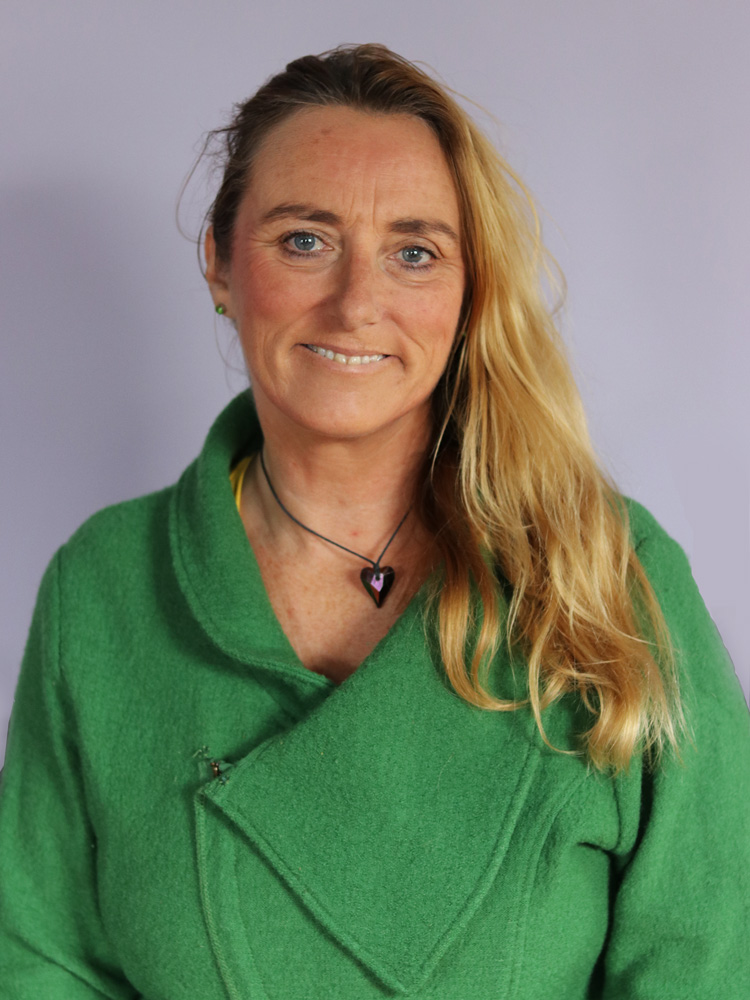Briefly About Me
As a therapist specialising in working with mental health, trauma, and addiction issues, I support my clients in working through personal issues, integrating positive changes, and learning new skills. This three-stage model of care uses a range of models that share a common factor, in that they are all evidence-based. You can expect to learn new ways of understanding yourself and the world, and new skills you can actively use to help control how you experience day to day life.
My Background
Out of university I first spent 11 years working in addiction and mental health counselling before moving into my specialist field, trauma-focused therapy. The trauma field is ever-evolving, with cutting-edge neuroscience research giving direction to new therapies. I am an avid learner and am passionate about staying on top of new information surrounding trauma therapy which allows me to best care for my clients.
Two of these emerging fields are Eye Movement Desensitization Reprocessing (EMDR) and dissociative disorders. I plan to continue studying these fields as they evolve. EMDR is recognised by the World Health Organisation as a recommended treatment for trauma therapy.
My Qualifications
- Bachelor’s degree – Alcohol and Drug Studies
- Post Graduate Certificate in Health Science – focus in Addiction
- Post Graduate Diploma in Health Science – focus in Addiction
- EMDR trained.
What Led Me to Counselling
Understanding the human mind has always been a passion of mine. My first five years were spent on a remote King Country farm. The shock I experienced from being plunged into school at five years old was life changing. I had no social skills to speak of, especially with other children. I had no idea how people outside of my immediate family interacted, and this shock set the scene for a lifelong obsession with trying to understand why and how people think.

Proudly Belonging Too




Understanding trauma
In life, trauma happens in one form or another, to more people than not. Trauma is also as personal as fingerprints, which is why our response to a person’s trauma should be personal too. I am passionate about helping my clients find their own way to this.
Together we will move towards your own goals, at your own pace. Trauma often, but not always, involves PTSD (post traumatic stress disorder), and in some cases complex PTSD symptoms. Research shows the symptoms of trauma need not last a lifetime; they can be changed. Learning to live with, or even overcoming trauma is a continuous process, and while it is not a quick nor simple task, positive change is possible.